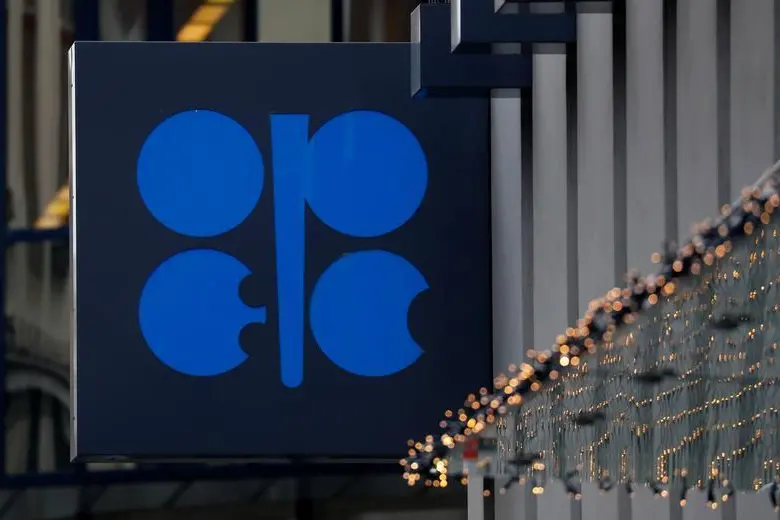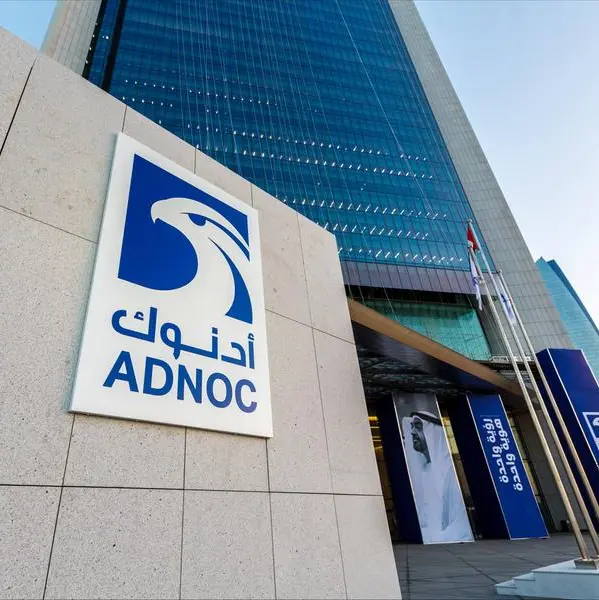PHOTO
OPEC+ is likely to extend its latest round of oil production cuts by at least three months from January when it meets online at 1100 GMT on Thursday, OPEC+ sources told Reuters, to provide additional support for the oil market.
OPEC+, which pumps about half the world's oil, was planning to begin unwinding output cuts through 2025. However, a slowdown in global demand and rising output outside the group pose hurdles to that plan and have weighed on prices.
One of the OPEC+ sources said the group was also looking at an option to extend the cuts throughout the first half of next year and another said a deeper cut was not a likely option. All of the sources declined to be identified by name.
OPEC+, which groups the Organization of the Petroleum Exporting Countries and allies such as Russia, gathers on Thursday at 1130 GMT. Before that, at 1100 GMT, the joint ministerial monitoring committee, a smaller group of top ministers, meets to review the market.
"Everyone understands that the OPEC+ deal is working, we will continue to work together," the chief of Russia's sovereign wealth investment fund, Kirill Dmitriev, told Reuters.
Despite the group's supply cuts, global oil benchmark Brent crude has mostly stayed in a $70 to $80 per barrel range this year and on Wednesday was near $74 a barrel, having hit a 2024 low below $69 in September.
OPEC+ members are holding back 5.86 million barrels per day of output, or about 5.7% of global demand, in a series of steps agreed since 2022 to support the market.
An output hike of 180,000 bpd - a fraction of the total - was planned for January from the eight members involved in OPEC+'s most recent cuts of 2.2 million bpd. The hike has been delayed from October due to falling prices.
The group also needs to address a 300,000 bpd output hike for the United Arab Emirates agreed in June that is scheduled to start in January 2025 and be phased in gradually. The UAE is keen for it to go ahead, sources said, although one source indicated it could be up for negotiation.
(Reporting by Alex Lawler, Olesya Astakhova, Vladimir Soldatkin and Ahmad Ghaddar; editing by David Evans)





















